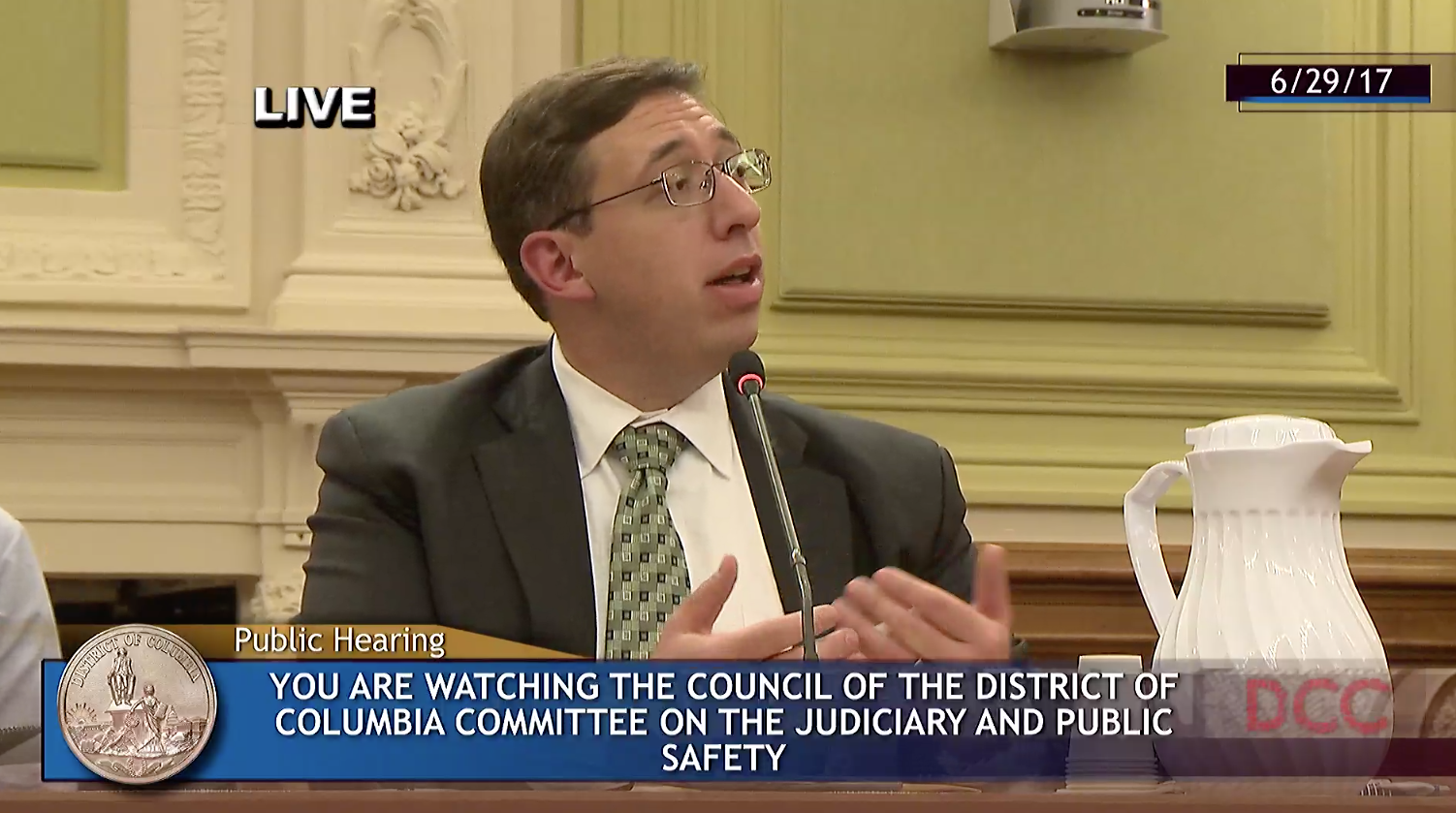Proponents of tax-financed campaigns, sometimes euphemistically referred to as “clean elections” or “fair elections,” have spent years arguing that these programs will lead to policy outcomes that better reflect the views of the average voter (as subjective as that determination may be). But as Arizona trends towards more conservative politics under the state’s Citizens Clean Elections program, this line of reasoning is suddenly being abandoned.
The traditional argument for why tax-financed campaigns might lead to more popular policies is twofold. First, public financing purportedly would sever the ties between legislators and wealthy donors (or special interests) – a claim that has been shown to be demonstrably false – which, as the argument goes, would otherwise unduly influence legislators into voting against the public interest. Second, public financing allegedly would lead to legislators spending more time with constituents and small donors, thereby making legislators more knowledgeable of citizens’ views and more accountable to them.
This argument is expressed succinctly by Public Campaign, a stalwart supporter of tax-financed campaigns:
“Rather than being forced to rely on special interest donors to pay for their campaigns, candidates have the opportunity to raise small donations from their grassroots base to qualify for Fair Elections funding, which ends their reliance on special interest campaign cash. Being freed from the money chase means they have more time to spend with constituents, talking about issues that matter to them. When they enter office, they can consider legislation on the merits, without worrying about whether they are pleasing well heeled donors and lobbyists. Fair Elections would return our government to one that is of, by, and for the people—not bought and paid for by special interests.”
With that in mind, you might expect that Arizona’s shift towards more conservative politics would be embraced by supporters of the state’s tax-financed campaign program as evidence that wealthy donors had long been thwarting the true will of the people, and that the Clean Elections program had reduced their undue influence.
Unsurprisingly, that is not what’s happened. Instead, advocates for tax-financed campaigns are now dismissing any link between the Legislature’s politics and the state’s campaign finance laws. Public Campaign addresses the issue using a quote from political scientist Michael G. Miller’s explanation of Arizona’s political shift in Vox: “You’ve got to bear in mind, Arizona’s still a really unique place politically, they have a strong strain of libertarianism running through the right side of their politics. It’s a very perceptible tinge of American conservatism. Barry Goldwater’s alive and well in his home state.”
Public Campaign sums up: “In other words, Arizona’s just conservative. Clean Elections isn’t to blame.”
Wait. What? You’ve told us for years that traditionally-financed campaigns lead to legislatures that ignore the public interest in favor of the desires of special interests and big donors. You’ve told us for years that public financing would lead to legislatures that better reflect the public’s views.
But now that Arizona, a state that Public Campaign says is “just conservative,” replaced traditionally-financed campaigns with a system of tax-financed campaigns, we’re told that “Clean Elections isn’t to blame” for the Legislature’s increasingly conservative character?
Those two stories are incompatible. If Arizona’s shift to the right has nothing to do with its tax-financed campaign system, then the program doesn’t really resemble the powerful democracy-restoring reform that its advocates have advertised for years. After all, what is the point of tax-financing campaigns if it has no impact on the behavior of program participants elected to serve in the Legislature? (Don’t tell me it reduces corruption.)
On the other hand, if Arizona’s shift rightward is evidence that tax-financed campaigns do, in fact, lead to legislatures better representing their constituents, then Public Campaign should be singing the praises of Arizona’s new brand of extreme conservative politics instead of quickly distancing themselves from it.
The 180 we are witnessing is further evidence that no matter how much groups like Public Campaign hope and wish for conservatives to join their cause, they also really don’t want to see their pet programs lead to conservative policies. Unsurprisingly, advocates for increasing government’s role in campaigns primarily advertise campaign finance “reform” as a path to liberal policy goals such as increasing the minimum wage, increasing environmental regulations, increasing gun control laws, passing net neutrality regulations, and just generally making the nation’s politics less conservative.
Even without the speech regulatory lobby’s obvious discomfort with conservative politics, it has long argued that the unattractive aspects of politics – such as attack ads, gridlock, and polarization – were partly, if not mostly, a product of insufficiently regulated money in politics and would therefore significantly decrease under their proposed regulations. To admit that Arizona is a product of tax-financed campaigns would be to acknowledge that increased responsiveness to small donors and median voters could also plausibly increase gridlock, polarization, or the nastiness of political advertising.
This post may come off as slightly disingenuous, since my own view of Arizona’s Citizens Clean Elections program and other tax-financed campaign programs is that they probably have very little effect on policy outcomes given all the other variables involved. But advocates for these programs have invoked every justification under the sun in their arguments, to the point of blatant contradiction. They should either be consistent and cheer Arizona’s rightward turn, or come clean and admit that their interest is not in promoting good government, but in promoting liberal government.













